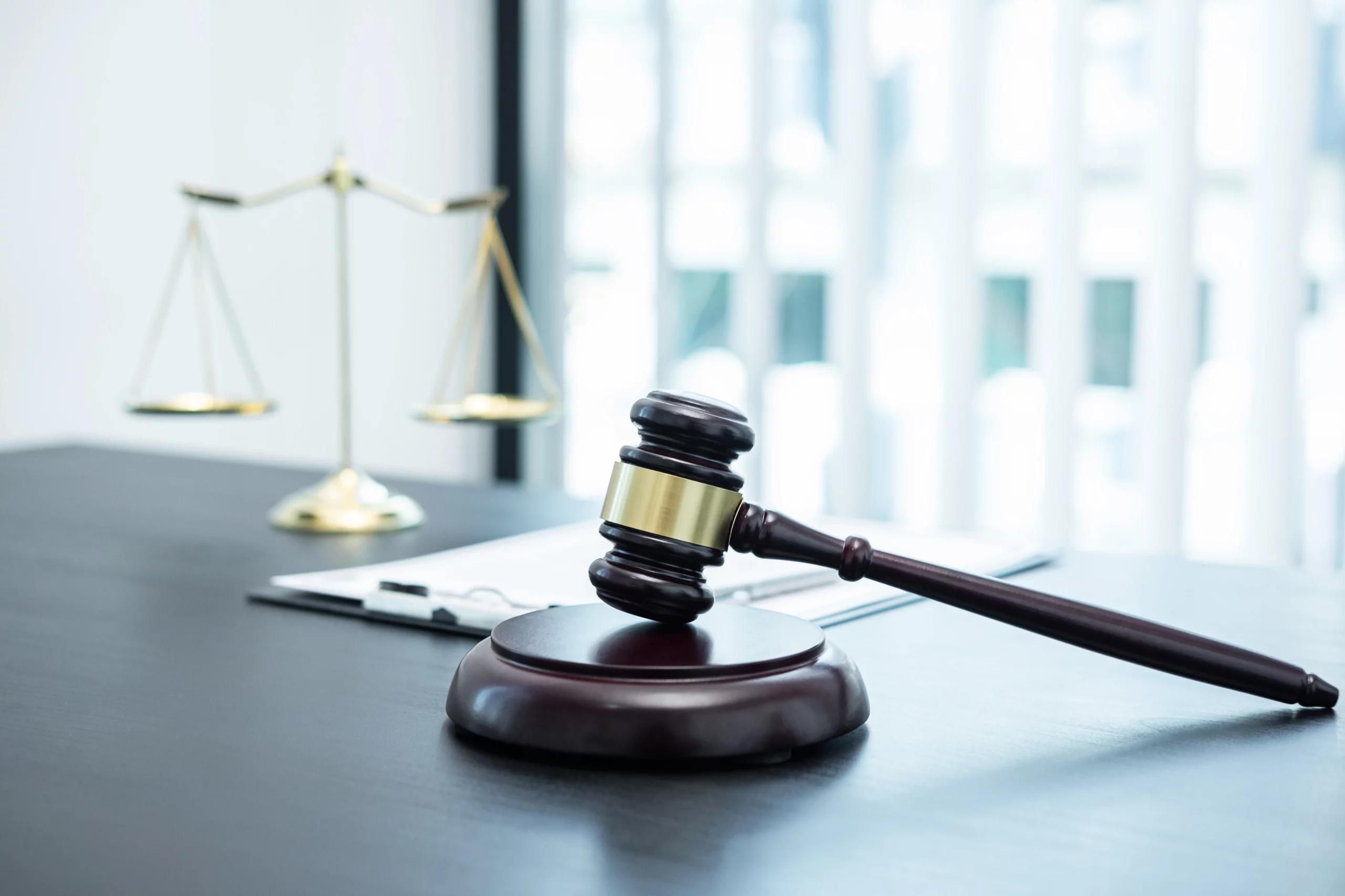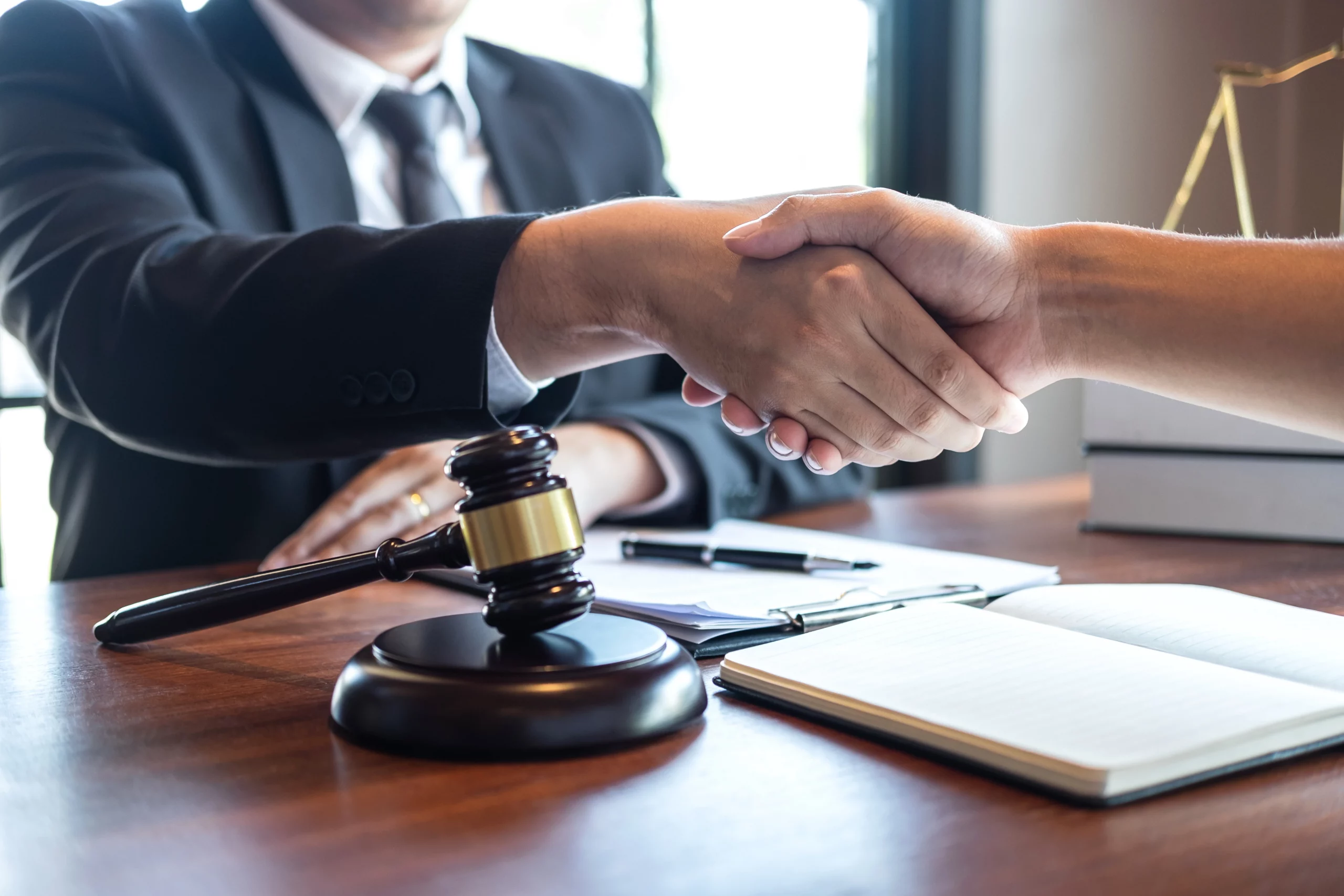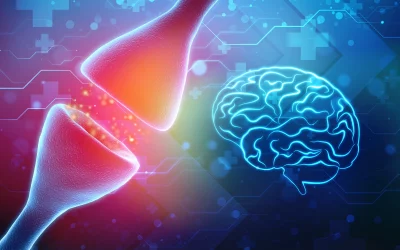What Can a Speech-Language Pathologist Do for TBI Survivors?
According to the Centers for Disease Control and Prevention (CDC), 2.5 million persons suffered a traumatic brain injury (TBI) in 2012, either as a single accident or in combination with previous traumas. TBIs are among the most severe injuries a person may incur and occur when normal brain activity is disrupted due to a jolt or blow to the head.
A traumatic brain injury can change the direction of a person’s life permanently, making routine tasks much more difficult. As a result, it is critical for anybody who has suffered a traumatic brain injury in Colorado to speak with one of the Warrior Car Accident Lawyers’s experienced Colorado Springs personal injury lawyers, as soon as possible.
Free Consultation
In Person | Phone | Zoom
A person’s capacity to communicate may be severely injured by traumatic brain injury
One of the most crucial components of our life as humans is communication via speech. The capacity to vocally convey our views is something that most of us take for granted, and we use it every time we walk to the shop or pick up the phone. Furthermore, the capacity to communicate via speech is critical to our livelihood and an important component of our chosen career.
A traumatic brain injury may have a major impact on a victim’s communication capacity, both in terms of their language skills and their ability to speak. A person’s speech may become slurred after a TBI, for example, owing to a condition known as dysarthria. This disorder is caused by a lack of strength in the muscles that make a speech.
Aphasia, or difficulty comprehending or generating speech properly, may occur in TBI sufferers. Furthermore, a person with a TBI may have problems with the brain area responsible for language, resulting in difficulties finding words or employing proper sentence structure.
Finally, TBI patients may develop dysphagia, a disorder characterized by difficulties swallowing that may impair a person’s capacity to communicate. A person’s capacity to interact successfully with others may be considerably injured due to any of these disorders, posing obstacles that did not exist before the injury.
Fortunately, a speech-language pathologist can assist persons experiencing communication difficulties due to a TBI. A speech-language pathologist will analyze a TBI victim in a series of formal and informal examinations and develop a rehabilitation plan based on that individual’s characteristics, according to the American Speech-Language-Hearing Association (ASHA).
Activities that increase attention, organization, planning, and sequencing may be included in the rehabilitation plan. ASHA’s overview of treatment efficacy may be found here.
TBI has several additional problems.
People who have had a traumatic brain injury may also have various consequences, in addition to speech problems. In general, the degree of these side effects is proportional to the severity of the primary injury. They may include
Memory issues
Confusion
Depression.
Problems with motor control
Cognitive impairments
A TBI is still a very severe injury, even if the sequelae are minor or even non-existent. Multiple TBIs have been linked to an increased chance of developing Alzheimer’s, Parkinson’s, and early-onset dementia later in life. As a consequence, anybody who has had a TBI should speak with an attorney about their alternatives.
6 Ways Speech Therapy Can Help You Recover From a Brain Injury
A speech-language pathologist (SLP) helps patients who have had a traumatic brain injury (TBI) (TBI). A TBI is most often caused by a vehicle or motorcycle collision. When the brain is deprived of oxygen in a near-drowning event, one may occur.
The SLP’s emphasis throughout recovery is on the patient’s communication. Face, throat, and SLPs also address mouth muscles.
The fundamentals of facial expression, eating, and swallowing are often affected by brain injuries. For these reasons, TBI patients’ communication aspirations extend beyond language.
They also affect cognition, speech, and the throat. All of these activities rely heavily on memory. As part of the brain damage rehabilitation strategy, an SLP may include memory-improving therapy.
Are you concerned about the effects of a TBI on your speech, language, and memory? It’s critical to choose the most effective speech treatment plan possible and think about whatever possibilities are accessible electronically. Schedule a free initial conversation with Great Speech to explore the issues you’re encountering and how our virtual speech therapy program may help you overcome them.
The following are seven ways speech therapy may help a TBI sufferer recover from their damage. After the physical injuries have healed, we will concentrate on continuous therapy.
Dysarthria Treatments
Speech may be hampered by a brain injury that impairs the nerves that regulate muscles. A patient’s speech may become slurred. Alternatively, the speech sounds may be sluggish, overly quiet, or silenced, resulting in a mumble. Dysarthria is the term used by the American Speech-Language-Hearing Association (ASHA) to describe this disorder.
The purpose of the speech therapist is to improve the patient’s “speech intelligibility.” Exercises to synchronize lip and tongue motions, enhance breath support, and develop muscular strength in the lips, jaw, tongue, and throat are all part of the treatment plan.
Apraxia Treatments
Apraxia is another typical symptom of brain damage recovery. Sounds and phrases are challenging for the patients. They know the words they want to say, but they can’t seem to put them together in the right order. They are unable to form the words.
Exercises to reduce the speech tempo and appropriately enunciate words are among the speech therapist’s apraxia aims. The SLP may use an alternate or augmentative communication device if the condition is severe.
Simple image boards to digital communication systems are examples of such gadgets. The patient will be taught how to utilize the device by an SLP.
3. Memory Enhancement
Speech and communication go hand in hand with memory. A speech therapist may use memory aids to assist the brain damage patient to develop language. A memory log, calendar, written timetable, or a log (digital or on a smart device) of vital addresses and phone numbers are examples of memory aids.
The SLP takes the time to teach the patient how to utilize these tools to help them remember things better. They assist the patient in developing competence as well as language through practice.
People with brain impairments may need to learn how to keep up with discussions, according to ASHA. They may need to retrain themselves on how to read nonverbal cues like body language and facial expressions. They may even have to learn how to answer to carry on a regular conversation.
When a patient with a TBI speaks, he or she may not display emotion. His or her tone of speech could not have the desired impact.
Strengthening social language may assist the patient in compensating for other speech issues such as intelligibility. To increase communication, patients might learn to compensate using facial expressions, eye contact, and gestures.
To develop these social language abilities, speech therapists often work with patients in small groups.
Improving Communication Skills in the Cognitive Domain
Paying attention to information and recalling what others have said is an important part of communication. Attention and short-term memory problems are common in people with brain injuries. They may have trouble processing new information.
They may need to acquire skills for planning and organizing their thoughts as part of their brain damage rehabilitation. Information processing is improved by rehearsing it. Individuals must eventually return to jobs, school, and everyday life.
They must ask the right questions, concentrate on activities, and remember names and numbers. They must be able to remember the right order and any safety considerations while conducting procedures for each given work. These objectives are included in the treatment plan by a speech therapist.
Keeping Your Focus
As part of the medical team assisting a TBI patient’s recovery, the SLP addresses these requirements. The SLP’s primary goal is to assist the patient in maintaining attention for fundamental tasks.
Problem-Solving Techniques
Speech therapists may educate patients on problem-solving, reasoning, and organizing abilities by teaching them learning techniques. One of the key objectives is to lessen the patient’s confusion as they seek to comprehend diverse stimuli in their surroundings.
Outings with the Community
Speech therapists may organize guided community excursions. With assistance, the patient will plan, arrange, and take brief outings.
SLPs may use a variety of support tools to assist. Organizers, checklists, memory logs, and other similar tools might be used.
Training on Compensatory Strategies
Teaching compensatory tactics to TBI patients entails concentrating on the patient’s residual abilities and optimizing them. They may then concentrate on their strengths and utilize them to compensate for the accident’s speech and/or communication impairments.
SLPs do this by either changing the patient’s surroundings or offering assistance. Internal assistance, such as mnemonics or picture association to remember words, is one example. Other alternatives include employing memory aids such as calendars and smart gadgets to assist with memory assistance.
External techniques, including assistive technology, may be suggested and then trained by SLPs. These techniques may help with various issues such as focus, navigation, time management, and so on.
Our Great Speech speech therapists are experienced specialists who can confidently help you speak via a customized speech therapy program delivered entirely online through Zoom. To connect with one of our trained virtual speech therapists, click here to schedule a free initial phone conversation.
Continued Brain Injury Recovery Assistance
People who have suffered a traumatic brain injury need continuing assistance. On the patient’s journey to recovery from a brain injury, the speech therapist is only one of many people who help them.
To book a free consultation with a Colorado Springs traumatic brain injury lawyer, call now
Victims of traumatic brain injuries caused by someone else’s carelessness may be entitled to hefty compensation. Call Warrior Car Accident Lawyers now at 719-300-1100 to book a free consultation with one of our Colorado Springs personal injury lawyers.












